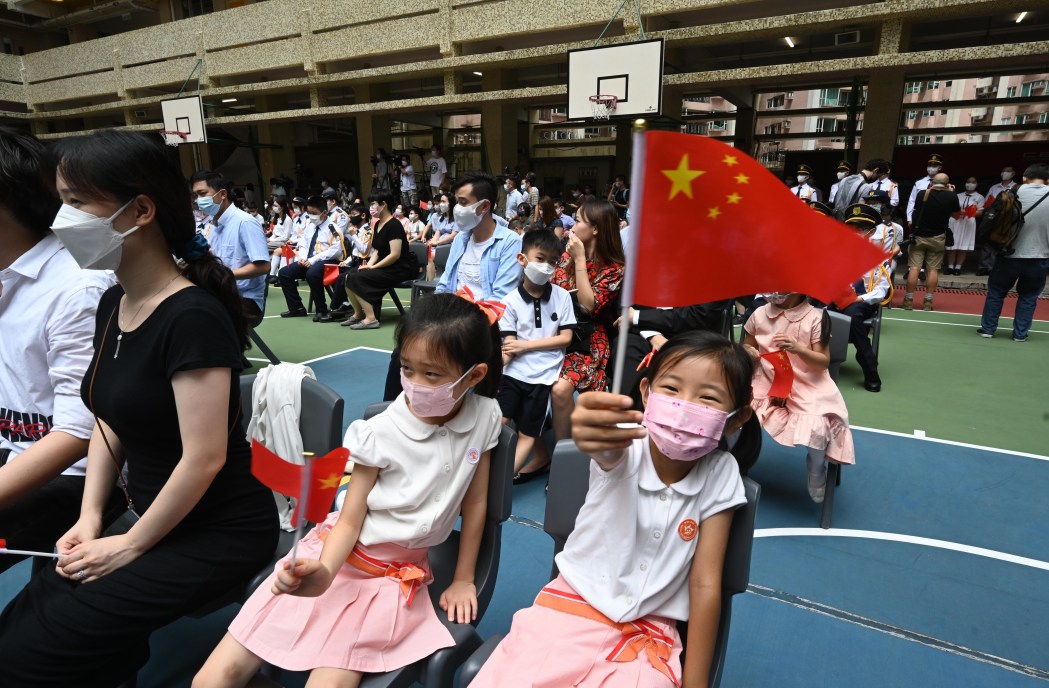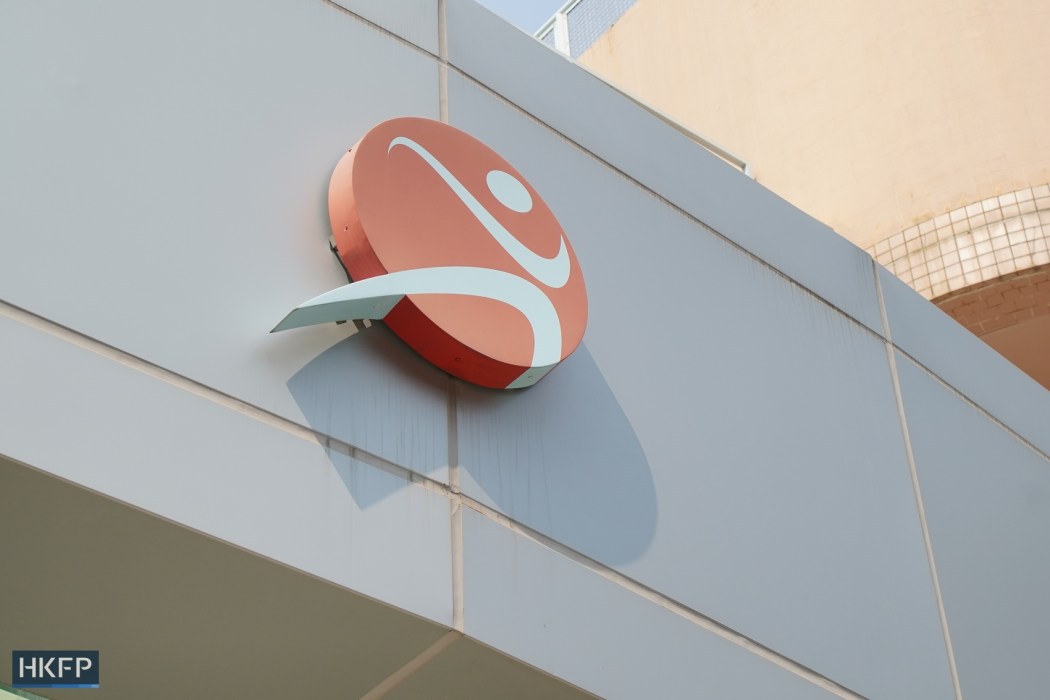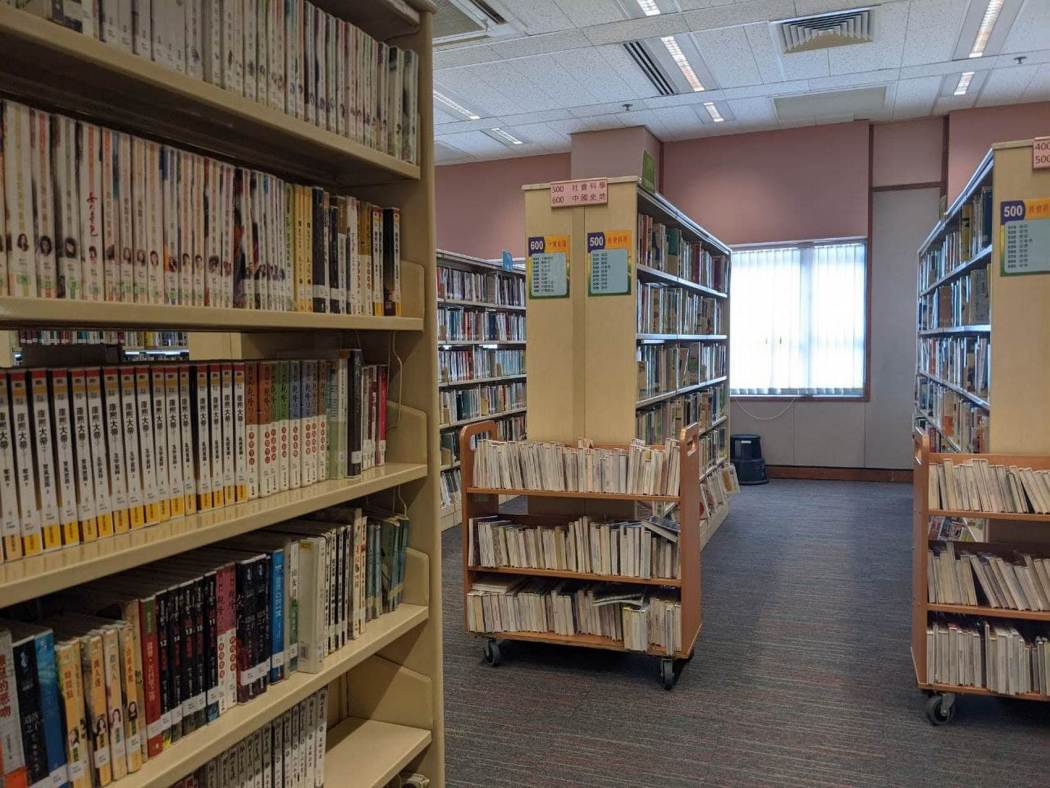Hong Kong’s public libraries have added rules to writing contests – including one targeting children – stating that entries shall not be contrary to national security interests.
New terms in the application forms for the 32rd Chinese Poetry Writing Competition, and for 4.23 World Book Day Competition, state that submissions must not breach Hong Kong laws including the national security legislation, and that in the case of a breach, the organiser will not be held legally responsible.

Both contests are organised by Hong Kong Public Libraries under the Leisure and Cultural Services Department (LCSD).
The annual Chinese poetry writing competition includes a student category for students in upper secondary school, as well as an open category for anyone aged 18 and above. This year’s contest is already over, with organisers having announced the results in September.
Meanwhile, the competition held in conjunction with World Book Day is aimed at students of all ages from Primary One to Secondary Six. The contest – also held annually – is still ongoing and results will be released next April.

In addition, the rules for the Chinese poetry contest state that, if a submission breaches the law, the participant must take responsibility including bearing the government’s legal costs and damages.
The rules and regulations for both the poetry and the World Book Day competitions last year did not include any wording related to national security.
In response to HKFP, the LCSD said: “The Hong Kong Public Libraries have always ensured that their collections and activities must comply with the laws of Hong Kong. Therefore, event participants are also required to comply with the relevant requirements.”
In June 2020, Beijing inserted national security legislation directly into Hong Kong’s mini-constitution – bypassing the local legislature – following a year of pro-democracy protests and unrest. It criminalised subversion, secession, collusion with foreign forces and terrorist acts, which were broadly defined to include disruption to transport and other infrastructure.
Civil groups have disbanded and newsrooms have shut amid the onset of the national security law. The effect of the legislation has also extended to the city’s public libraries, which has retracted books about political events.
The LCSD, however, has refused to publicise a list of banned books citing security reasons. Making a list available “may lead to wide circulation of such library materials with malicious intent,” the LCSD said in April. A review by HKFP last year found that libraries now have 392 fewer copies of books about the June 4, 1989 massacre than they did in 2009.

Authorities maintain that the security law has restored peace and stability to the city.
‘Comply with the law’
Separately, Secretary for Culture, Sports and Tourism Kevin Yeung said literary works must comply with the law in order to be recognised in awards.
His comment followed the release of results for the 16th Biennial Chinese Literature Awards, also organised by the LCSD. No prize was awarded in the poetry section, reportedly because the three books – works related to the Umbrella Movement in 2014 and Liu Xiaobo, the late writer known for his criticism of the Chinese Communist Party – were disqualified by authorities, according to Ming Pao.

The three books were taken off public library shelves last December.
“When the LCSD, as a government department, recommends, promotes or rewards a certain piece, it has to match its principles and the society’s moral standards and comply with the law,” Yeung said on a radio program on Thursday.
Support HKFP | Policies & Ethics | Error/typo? | Contact Us | Newsletter | Transparency & Annual Report | Apps
Help safeguard press freedom & keep HKFP free for all readers by supporting our team

LATEST FROM HKFP
HKFP has an impartial stance, transparent funding, and balanced coverage guided by an Ethics Code and Corrections Policy.
Support press freedom & help us surpass 1,000 monthly Patrons: 100% independent, governed by an ethics code & not-for-profit.










